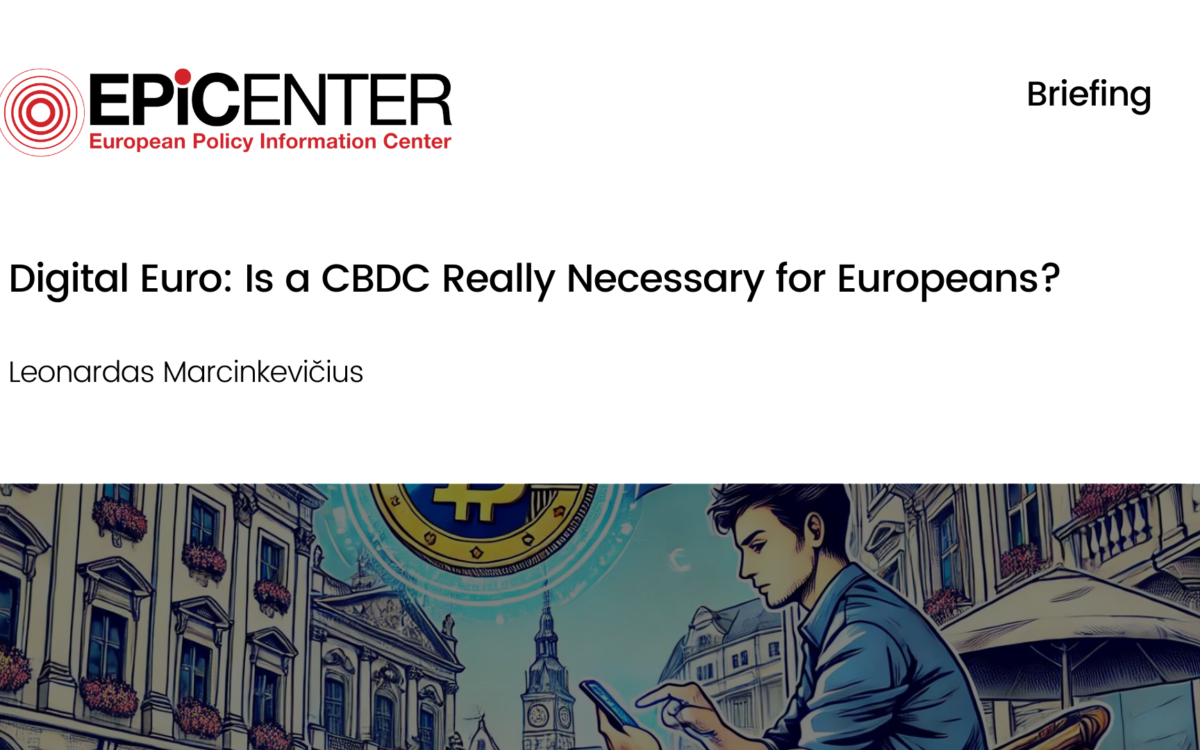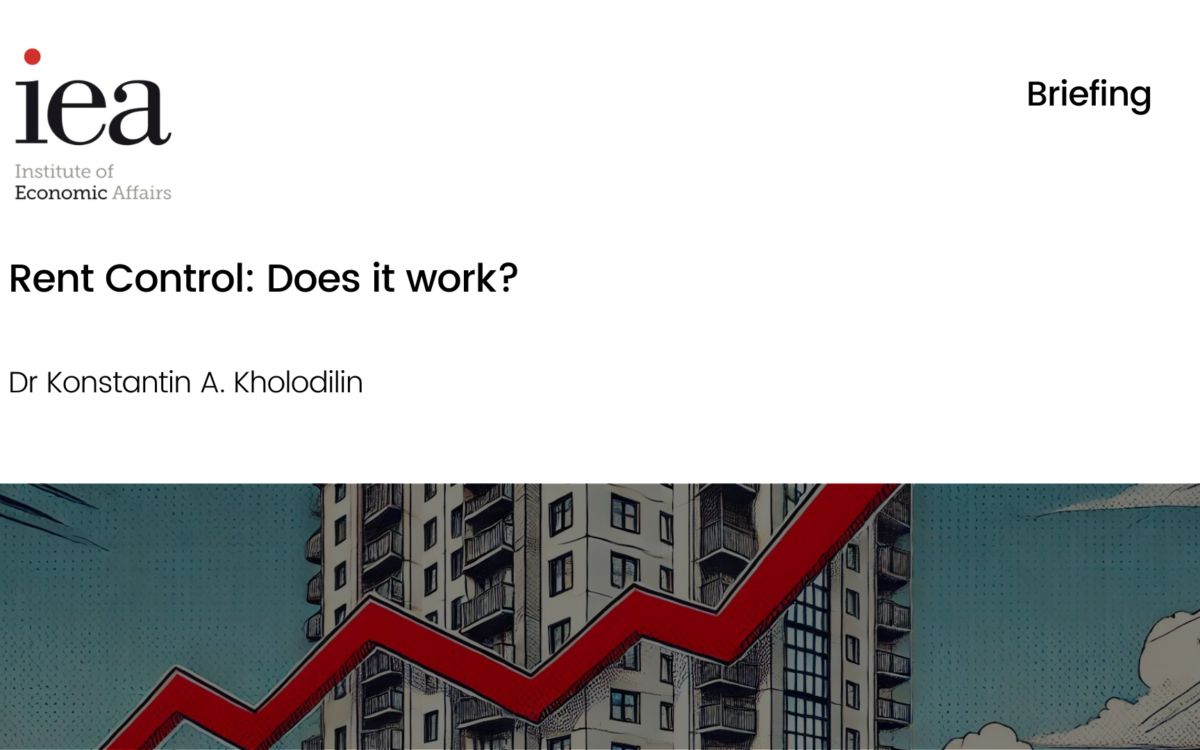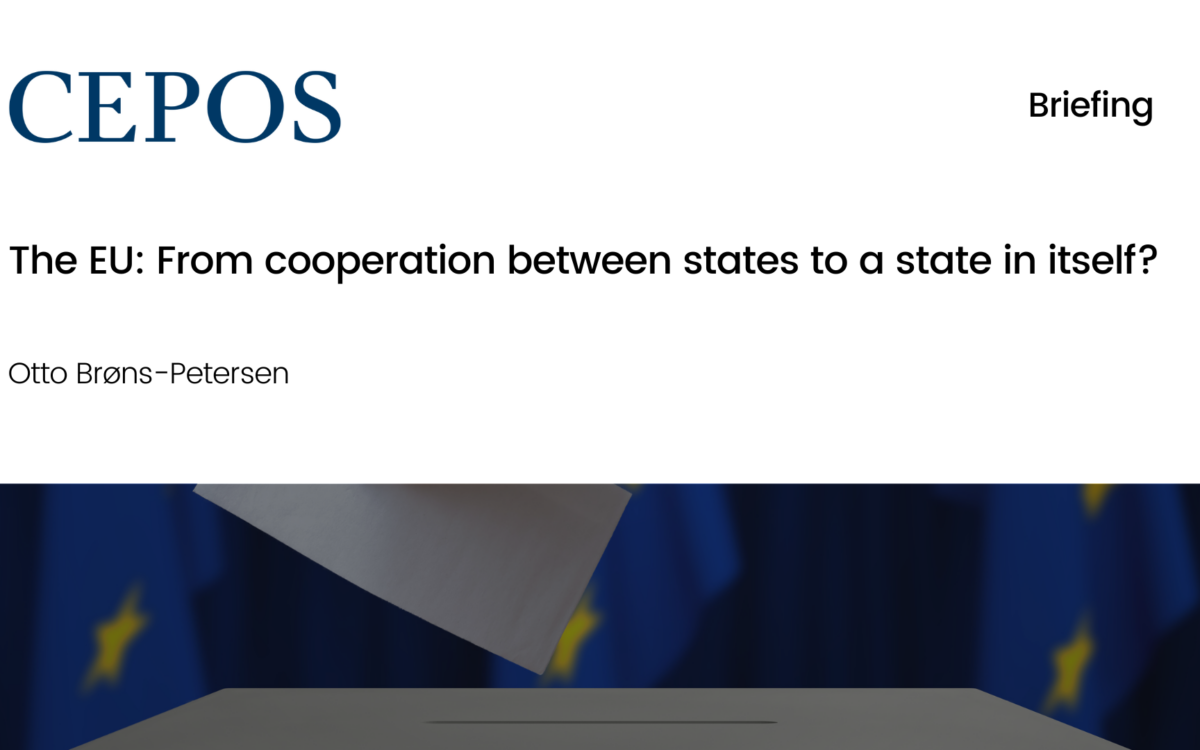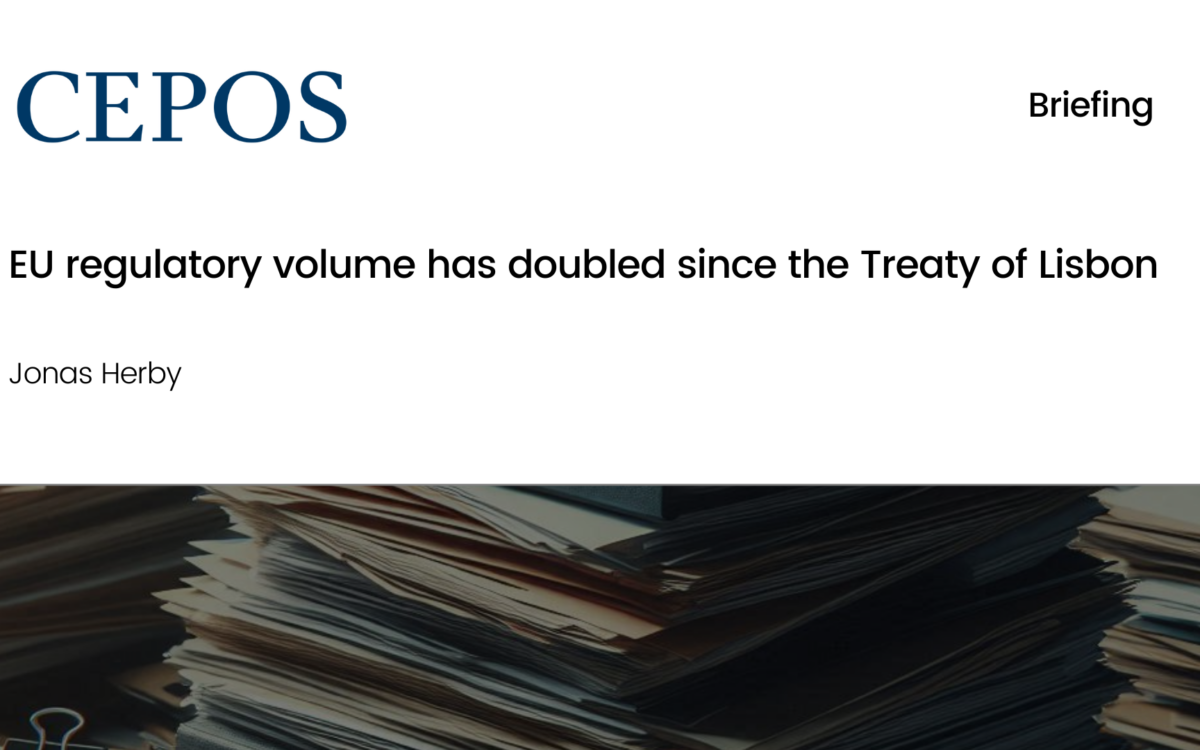Fair and Efficient? On the EC’s Proposals for Corporate Tax Reform in the Digital Single Market
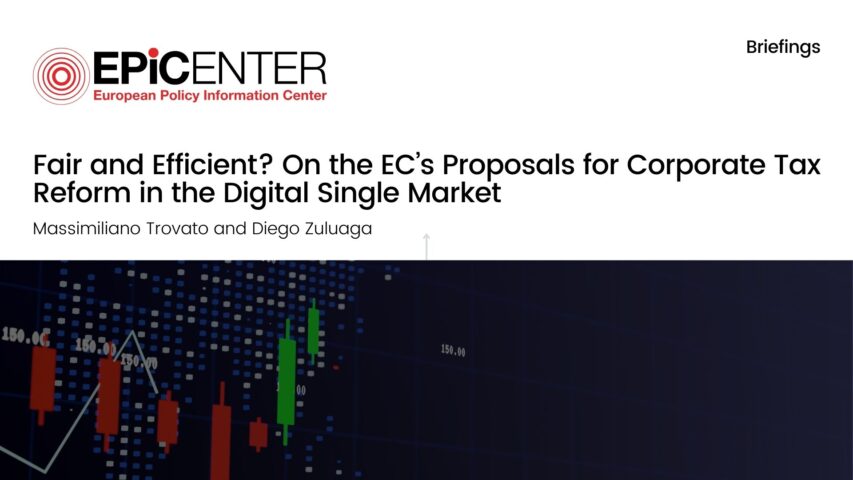
Fair and Efficient? On the EC’s Proposals for Corporate Tax Reform in the Digital Single Market
In the wake of the Ecofin meeting that took place in Tallinn on September 15-16, the European Commission published a communication on “A Fair and Efficient Tax System in the European Union for the Digital Single Market” — code for “How to extract more tax revenue from multinational digital companies”.
Political momentum is clearly building up for similar proposals, as a declaration initiated by the finance ministers of France, Italy, Germany, and Spain (who have called for tax changes in the past) was joined by six other countries. Everyone is in favour of a “fair and efficient tax system,” but what such a system would look like is far from obvious, and the Commission’s paper comes short of delineating that.
Download or share this publication
View the PDF
EPICENTER publications and contributions from our member think tanks are designed to promote the discussion of economic issues and the role of markets in solving economic and social problems. As with all EPICENTER publications, the views expressed here are those of the author and not EPICENTER or its member think tanks (which have no corporate view).
